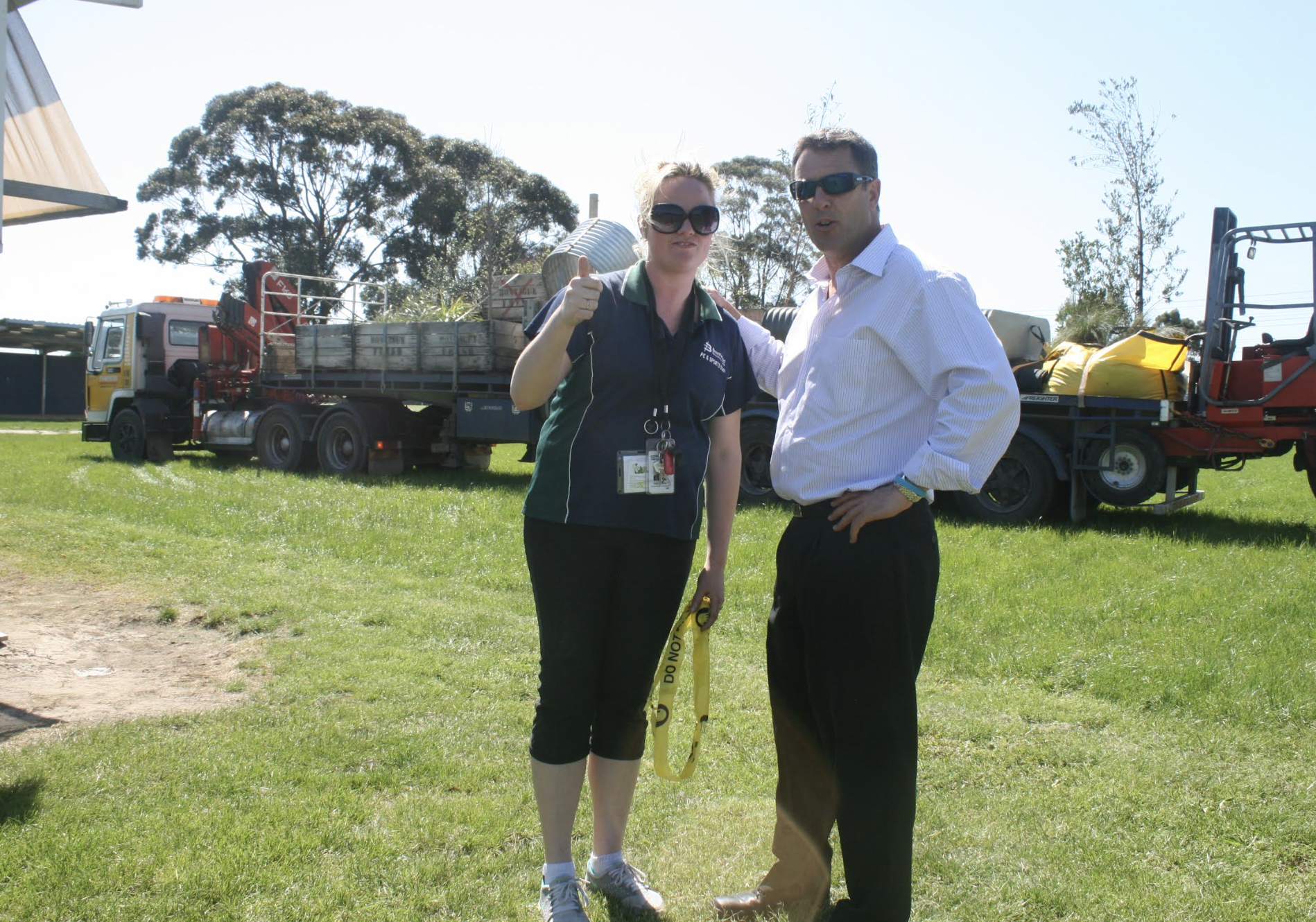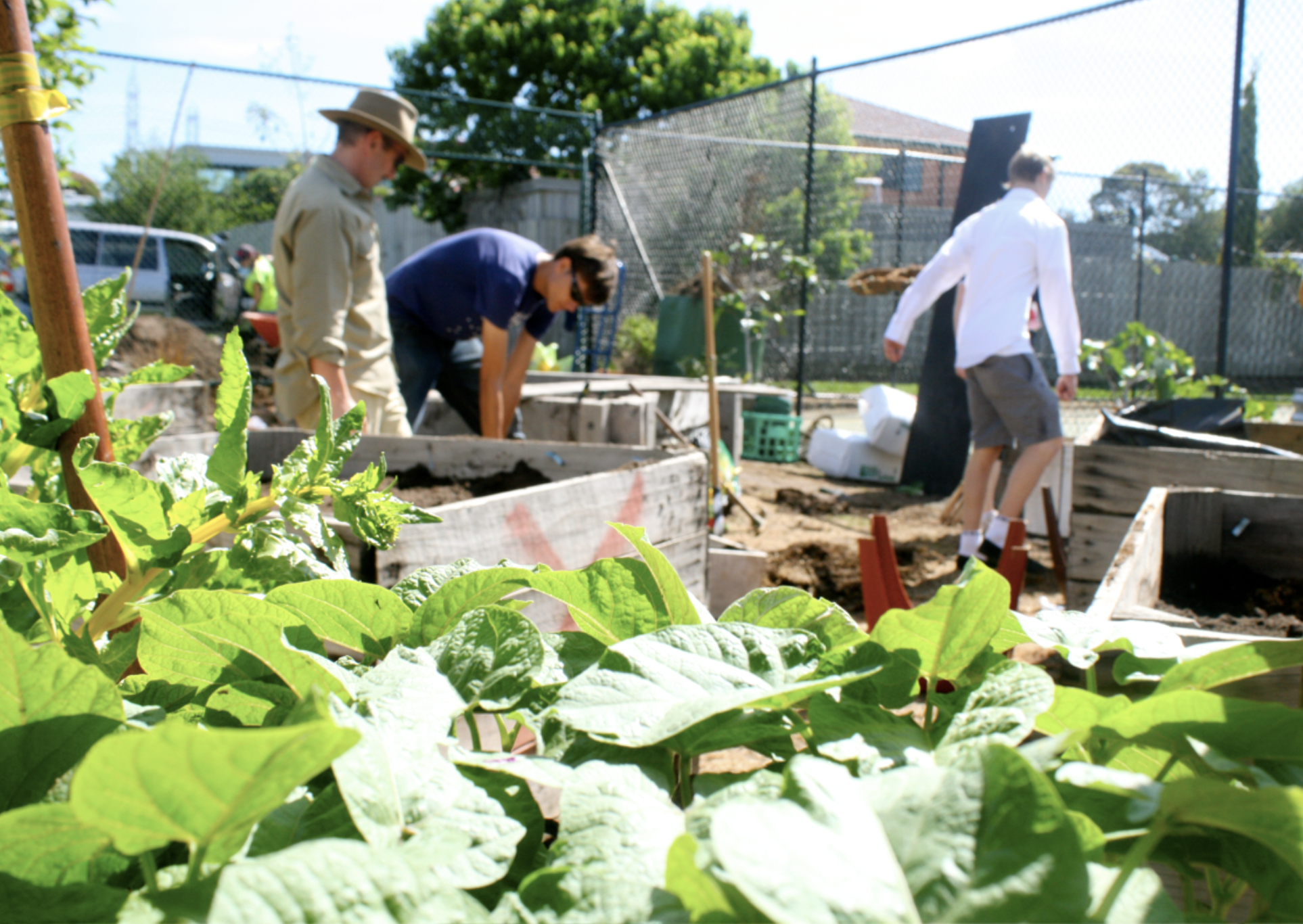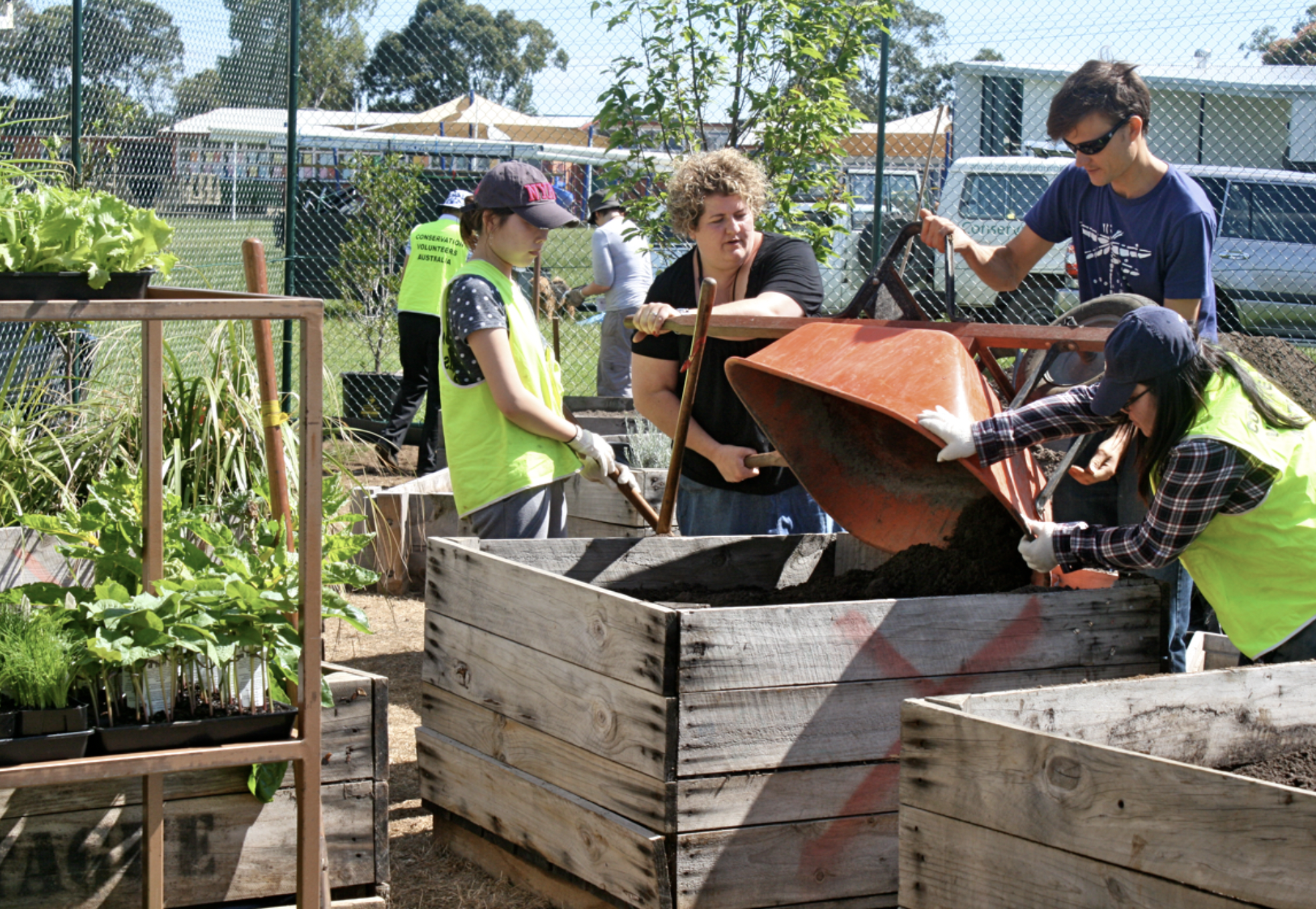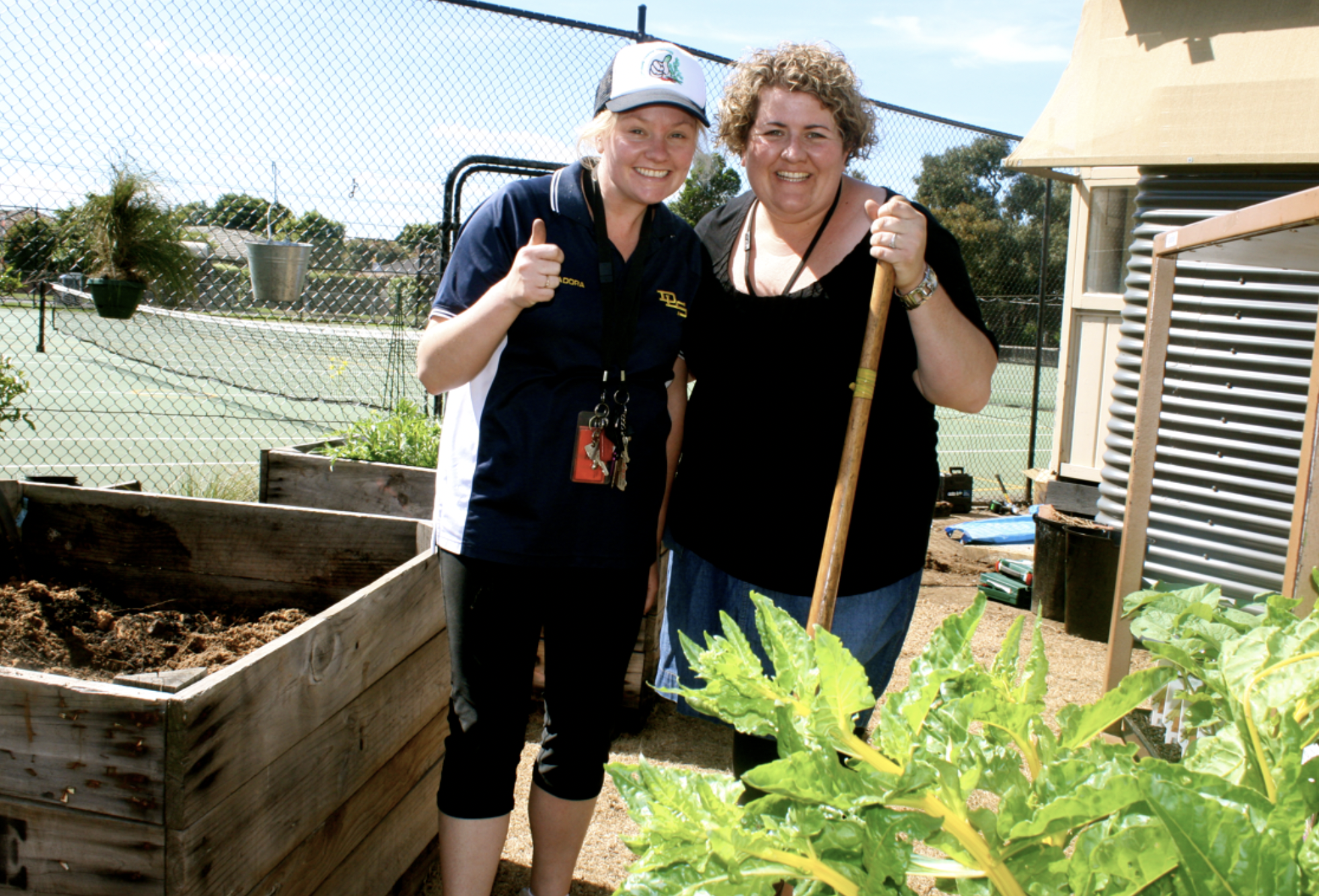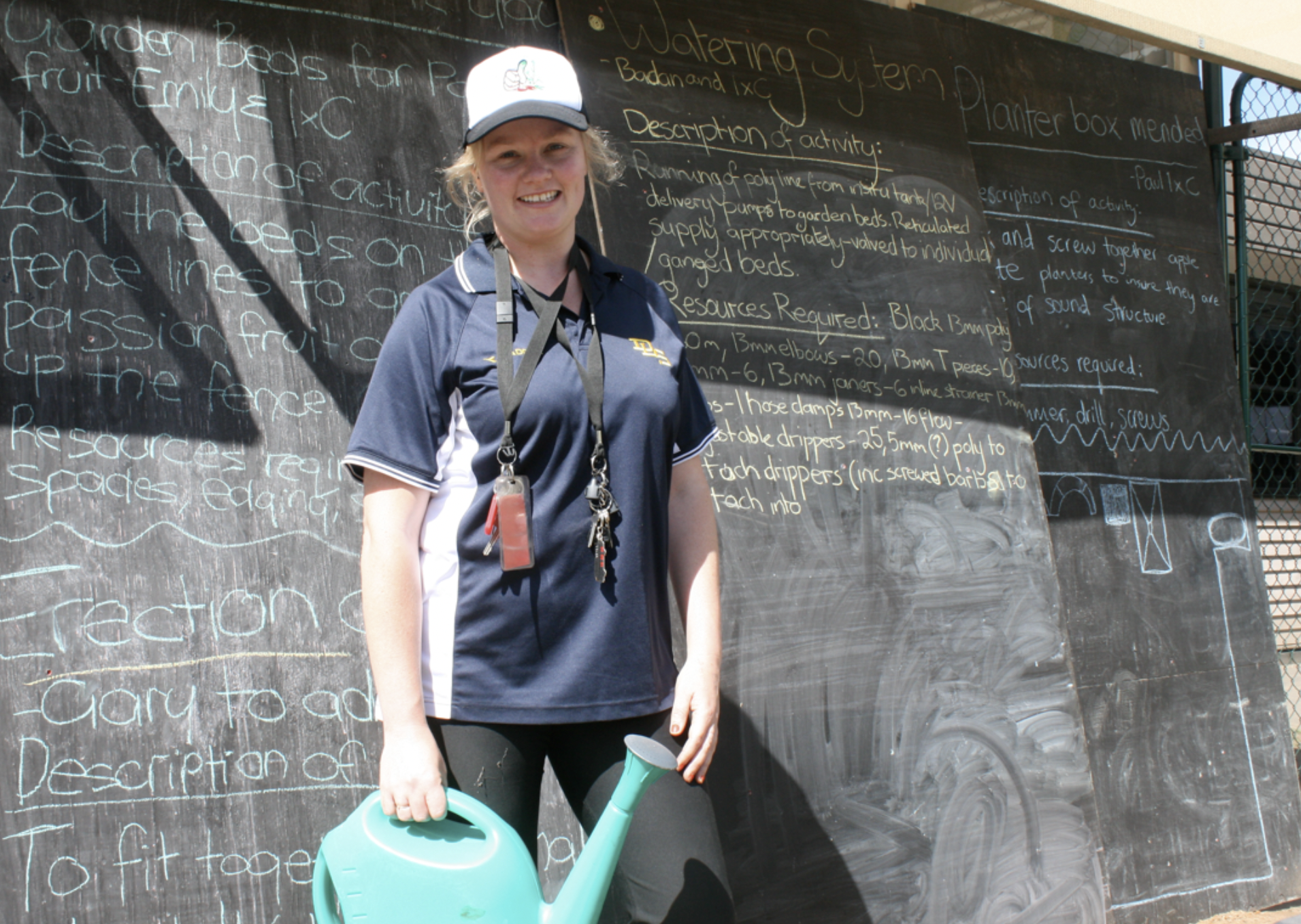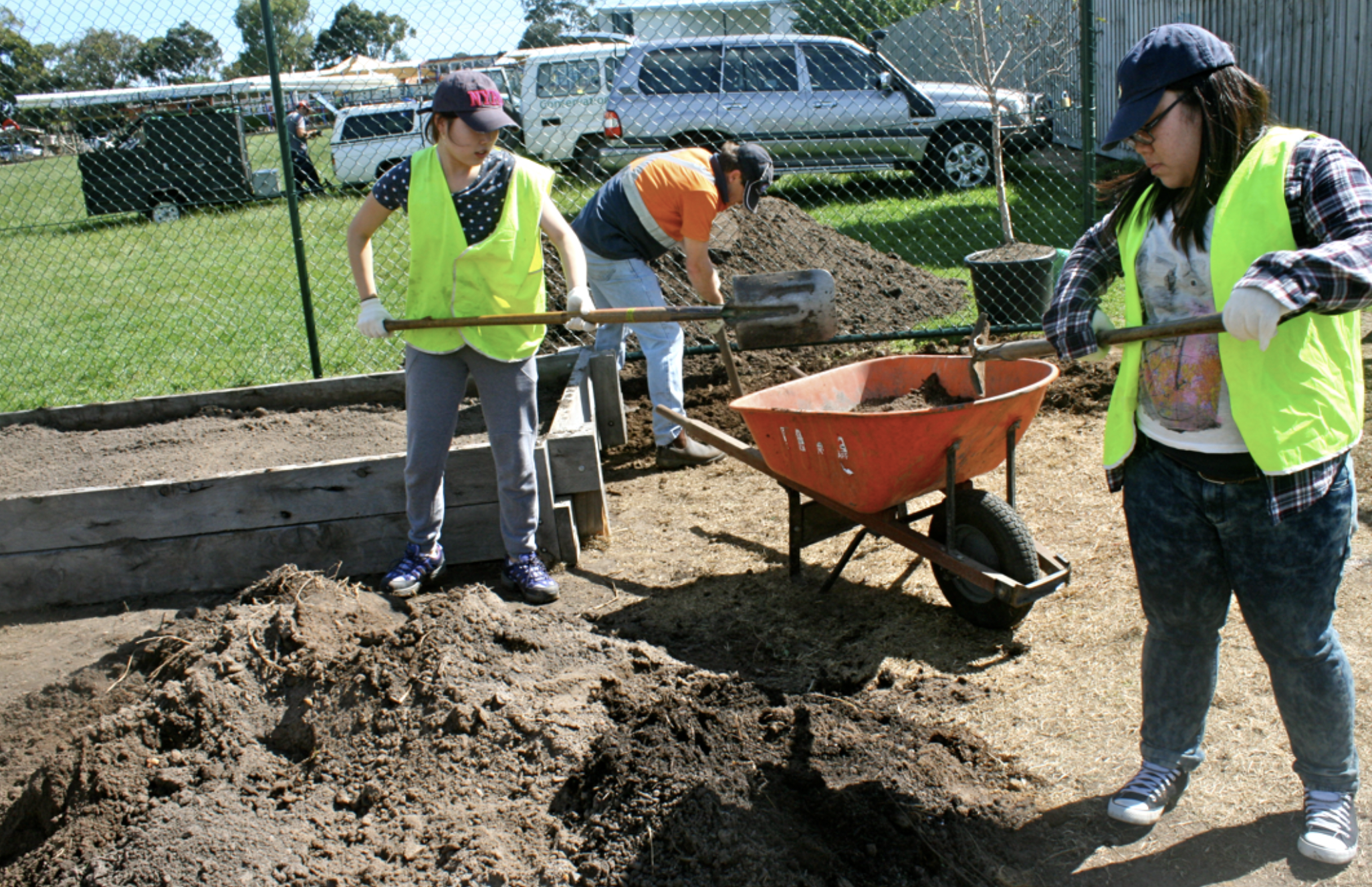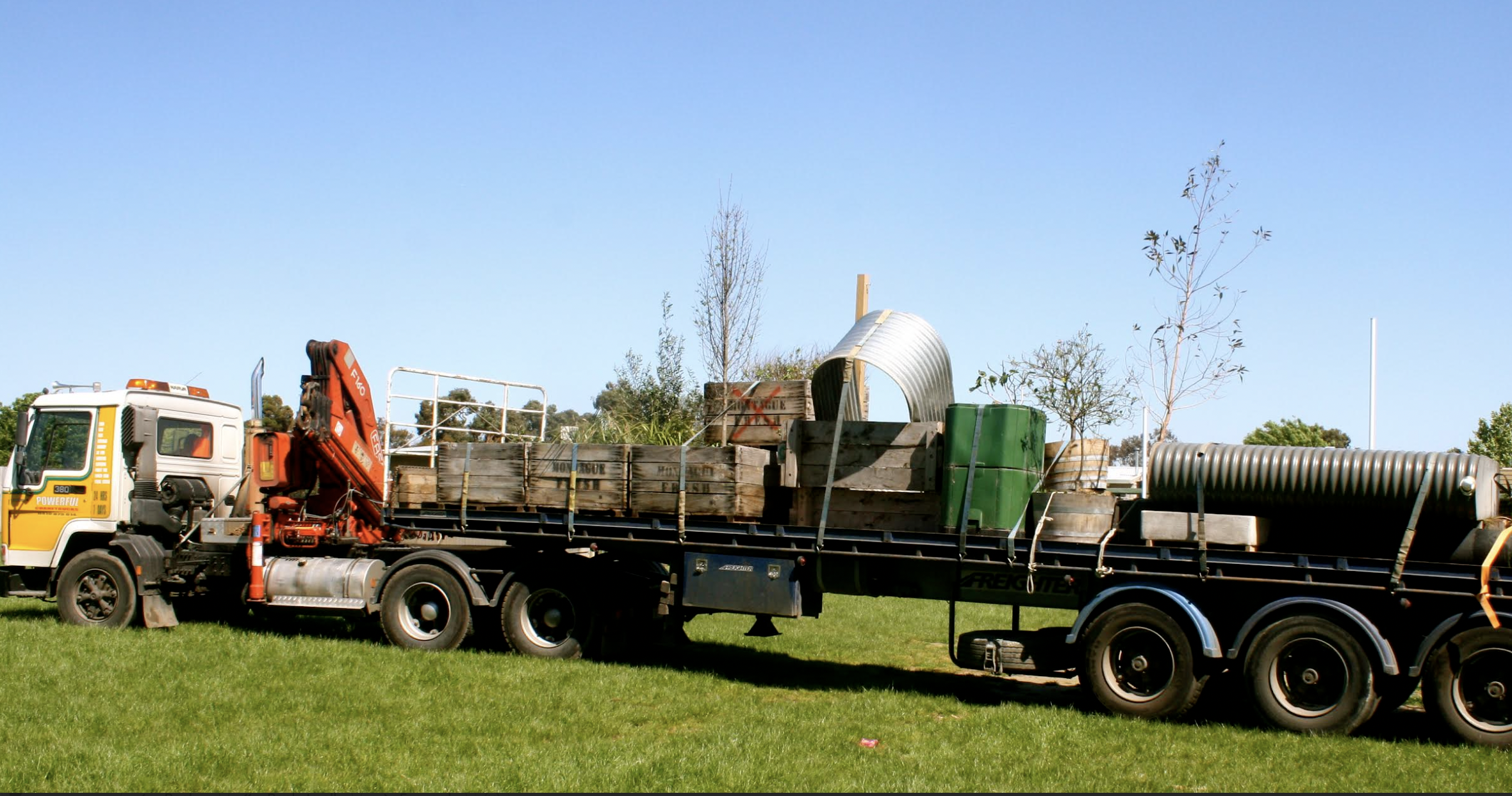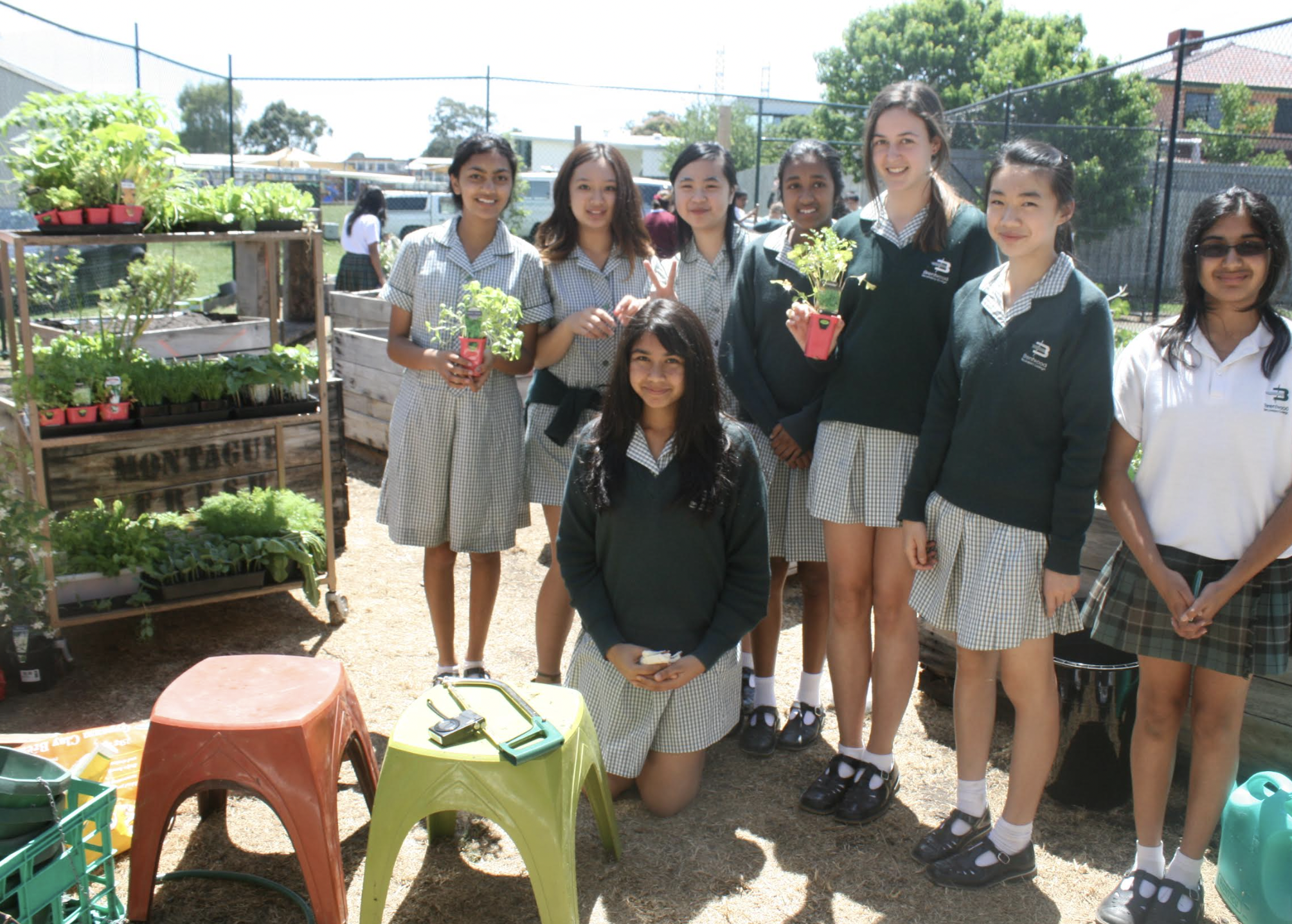Brentwood Secondary College School Garden – Victoria, Australia (2010–2011)
Garden Facilitator & Mentor
Developed a vibrant, student-led school garden in collaboration with the Green Team and sustainability coordinator.
Integrated environmental education into daily curriculum and community engagement.
Impact:
Empowered students to lead initiatives and deepen ecological literacy.
Contributed to the sustainability teacher receiving a state award for community activation.
Won multiple awards across environmental education in Australia.
Positioned the school as a leader in student-driven sustainability practice.
Key Insight:
Hands-on, student-led gardens create measurable educational, social, and environmental outcomes, proving that practical, place-based programs outperform abstract reports or policy directives.
Policy Innovation Potential: National “Regenerative School Garden Program”
Goal: Scale the Brentwood model across all Australian secondary schools to embed ecological literacy, regenerative practices, and local food systems knowledge.
Scope & Funding:
Target: 3,700 secondary schools (public & private)
Funding per school: $55,000 over 2 years (covers garden establishment, curriculum integration, compost/seed programs, teacher facilitation, student leadership initiatives)
Total National Investment:
Per 2-year cohort: 3,700 schools × $55,000 = $203.5 million AUD
Over 10 years (5 cohorts): 5 × $203.5 million = $1.0175 billion AUD
Program Elements:
Seed to Seed: Follow plants through full lifecycles; establish school seed libraries.
Compost to Compost: Hands-on waste reduction and soil fertility programs.
Community to Community: Farm-school blitzes, compost clubs, crop swaps, harvest celebrations, and local food engagement.
Curriculum Integration: Gardens tied into biology, environmental science, design, and food technology.
Capacity Building: Teacher and student leadership training for autonomous garden management.
Outcomes:
National network of regenerative school gardens connected to local food systems.
Practical ecological literacy embedded in education.
Strengthened community resilience and student leadership in sustainability.
Replicable model for local government investment in practical, place-based programs.
Funding Rationale:
$55k per school is cost-effective relative to educational, social, and ecological outcomes (based on the Heartland project in the Huon Valley, Tasmania). Redirecting education, local government, and community development resources toward grounded practices rather than abstraction ensures measurable, long-term impact for students, communities, and local economies.
